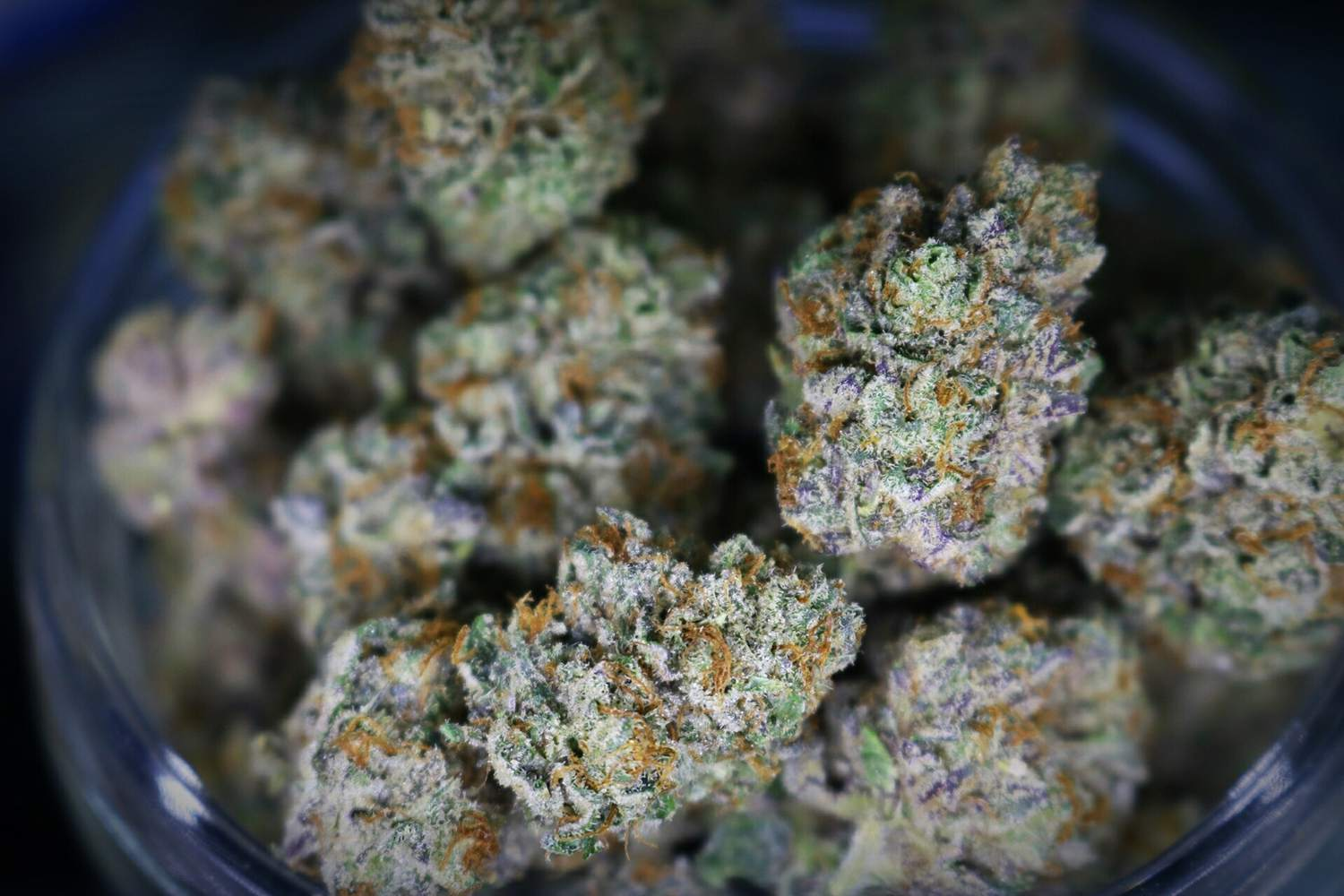In Michigan, there was over $265 million worth of marijuana and marijuana products sold legally in September, despite a significant drop in prices from the previous year.

There was a total of $266,883,894 in legal marijuana sold in September, with just 1% purchased by medical marijuana patients, according to the Michigan Cannabis Regulatory Agency. Although this is a slight dip from the roughly $275 million sold in September 2023, prices are down over 20% since then, with the average price per ounce currently $78.68, down from $100.14.
The year-to-date total for marijuana sales in Michigan is now around $2.2 billion, with all-time sales nearing $10 billion.
Below is September’s breakdown of products sold:
- Flower: $117,476,379.59
- Shake/Trim: $21,575,563.29
- Concentrate: $14,183,800.31
- Inhalable Compound Concentrate: $38,220,021.90
- Vape Cartridge: $49,200,394.08
- Kief: $39,247.20
- Infused-Edible: $23,293,415.57
- Infused Non-Edible Solid: $613,939.92
- Infused Liquid: $1,139,499.67
- Infused Non-Edible Liquid” $118,979.62
According tot he Michigan Cannabis Regulatory Agency, there are currently 835 licensed marijuana retail outlets located throughout Michigan. In total, there are 2,256 licensed marijuana businesses, including processors, growers, microbusinesses and transporters.
In November 2018, Michigan voters approved the legalization of marijuana, and the first licensed retail outlet opened the following year. The law allows those 21 and older to possess up to 2.5 ounces of marijuana and up to 15 grams of marijuana concentrates. Recreational marijuana is subject to a 10% excise tax, in addition to the state’s 6% sales tax.
Michigan allocates its marijuana tax revenue as follows:
- Administration and Enforcement: 15% to local governments with marijuana businesses.
- Schools and Roads: 35% to the School Aid Fund and the Michigan Transportation Fund.
- Local Governments: 15% to counties and municipalities with marijuana businesses.
- Other Allocations: Remaining funds are directed to state programs for substance abuse treatment and law enforcement training.







